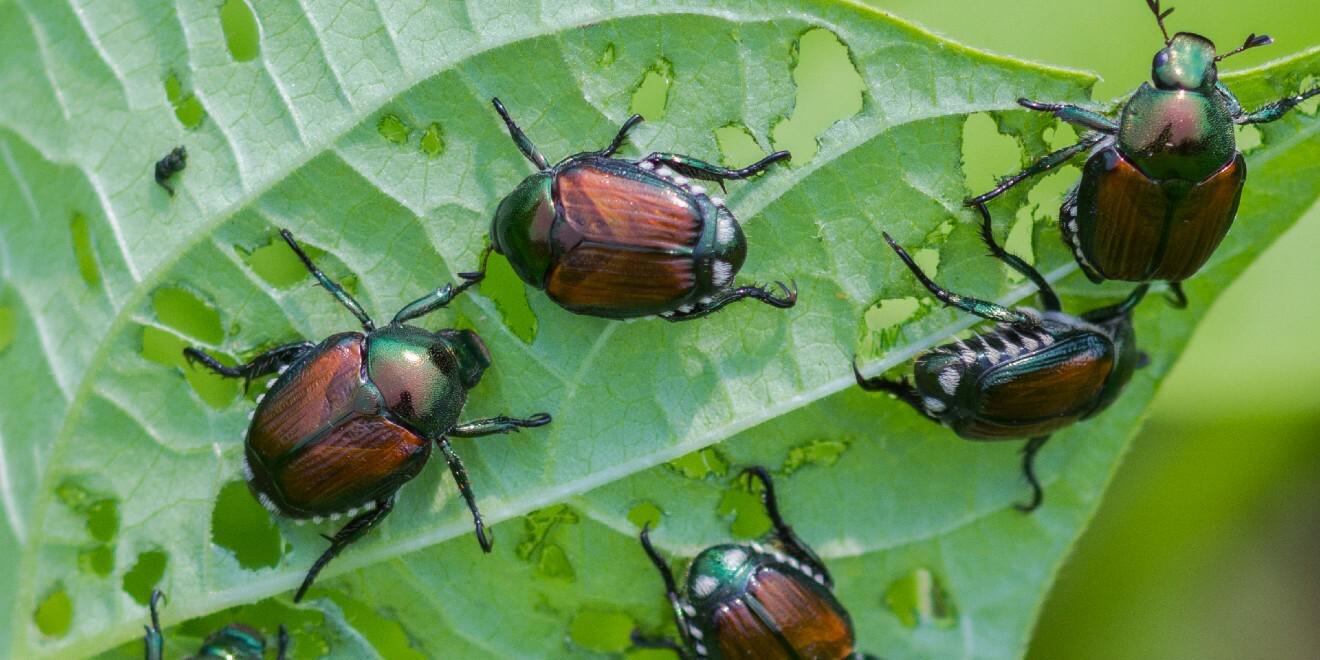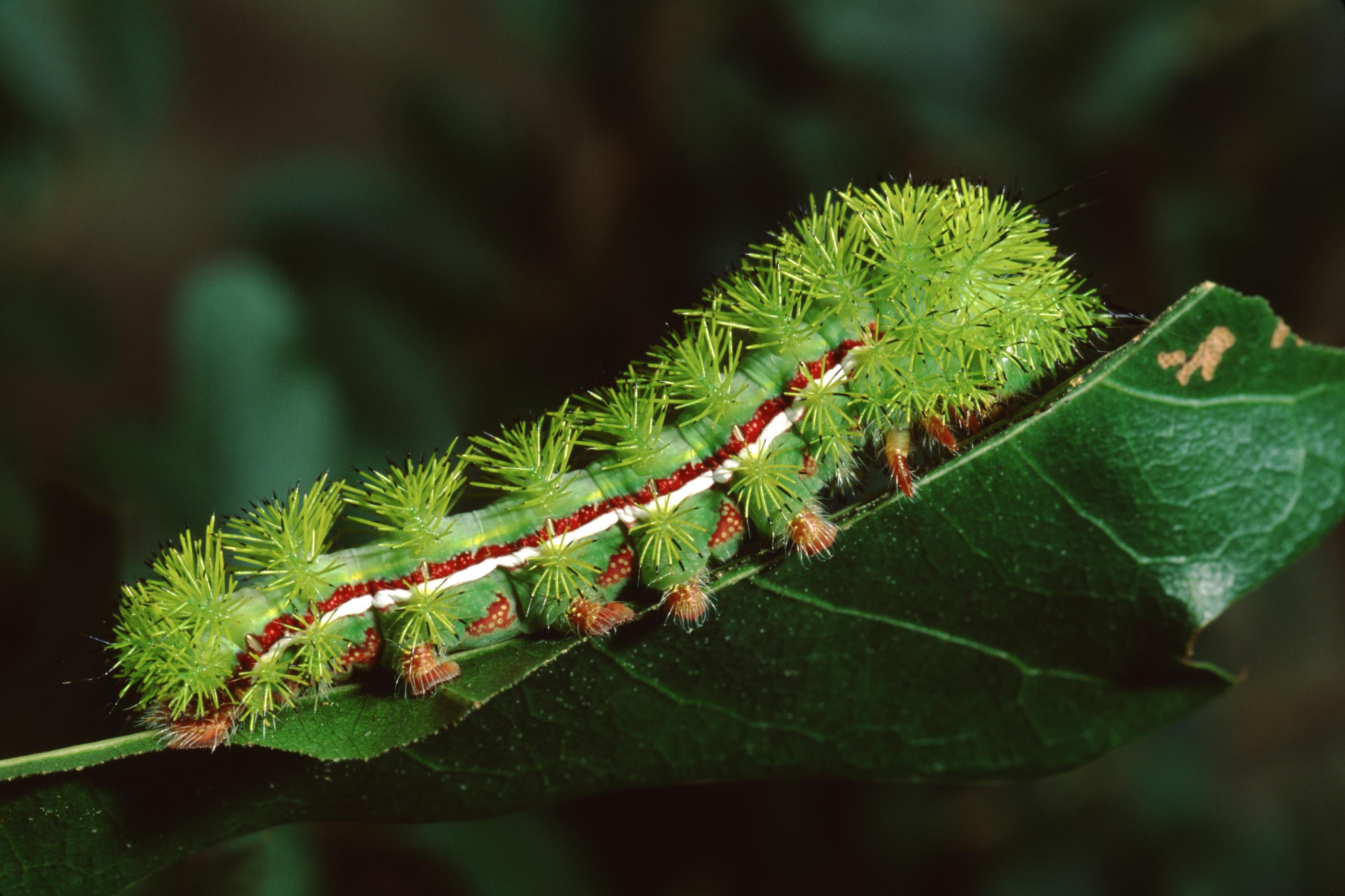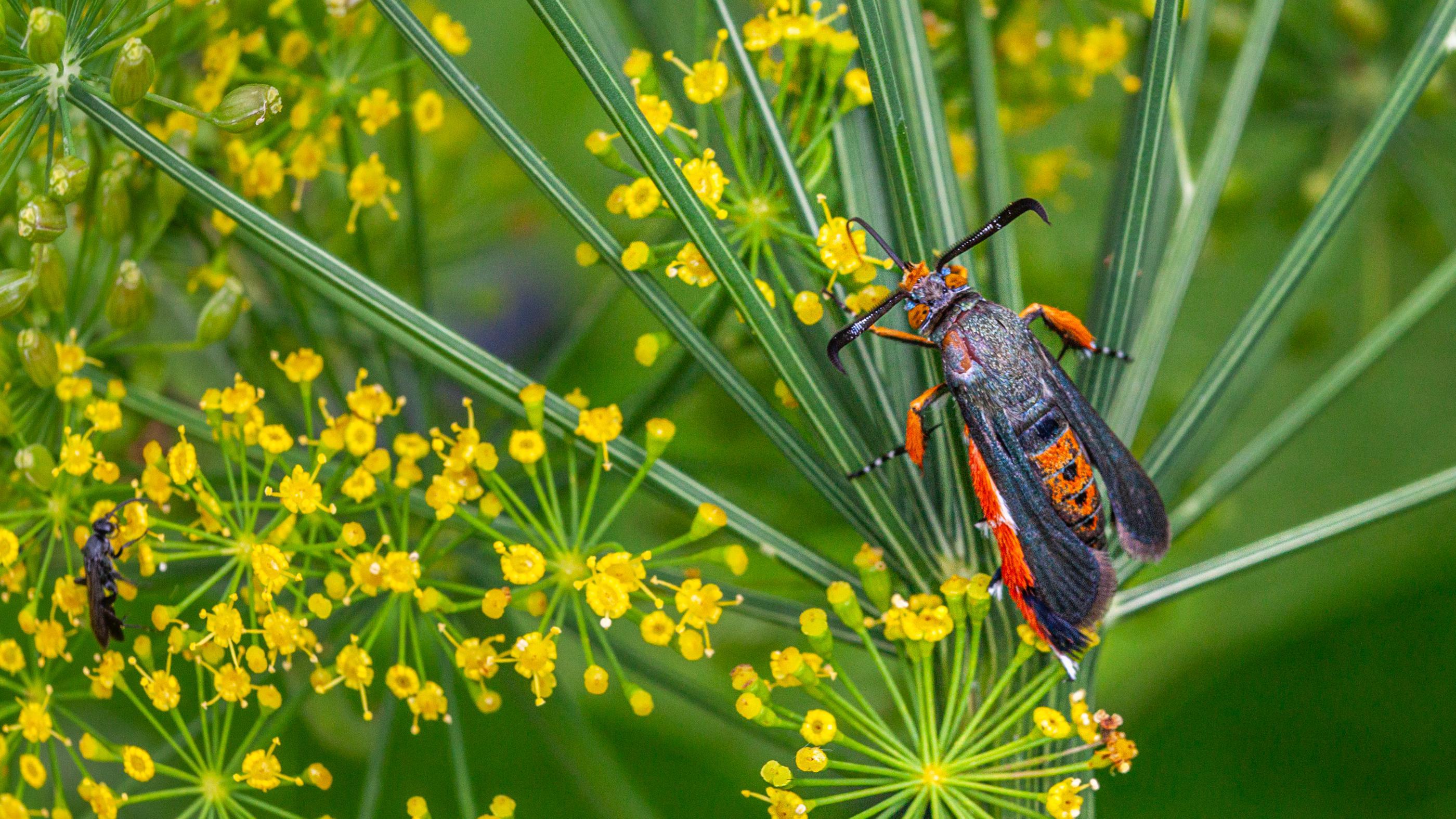Do Ticks Die in the Winter?
Posted by Mosquito Squad
December 20, 2023
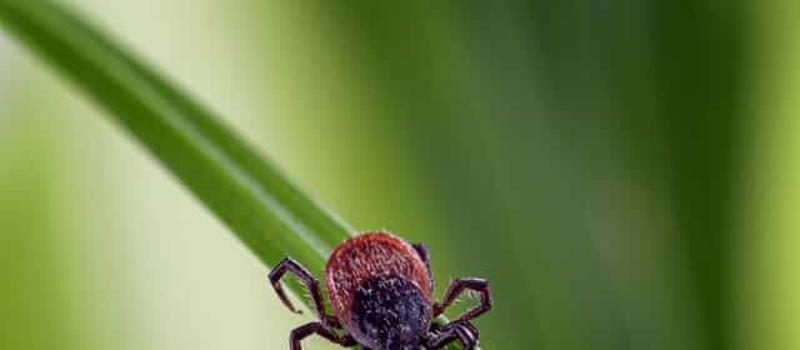
Where do Ticks go in Winter?
A comment we hear a great deal is "I bet with this cold winter, the mosquitoes and ticks have died off." Well, this not necessarily true. While many mosquitoes will die off with a few hard freezes, ticks never really go away. Adult ticks do not hibernate, but they are able to go into dormancy and survive the harsh cold temperatures of winter. They find shelter in dead leaves and other decaying vegetation debris and are able to survive the cold months, especially in North Carolina where our winters are not that harsh.
Learn more about how our mosquito and tick prevention services. Call our mosquito and tick treatment specialists to receive a FREE quote.
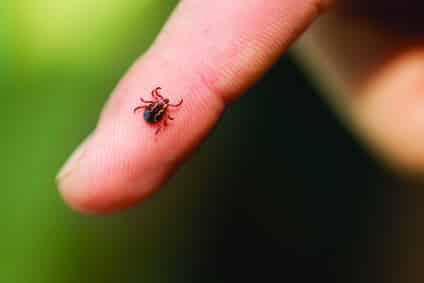
How Do Ticks Survive Winter?
The other way ticks are able to fight off the freezing temperatures is to attach themselves to a host and stay warm. Ticks usually go into dormancy at 35 degrees and below. After a couple of days of 45 degrees and above, ticks will usually become pretty active and will search for a blood meal. That is why in our area tick activity starts earlier than mosquito activity. So, the time to start trying to control ticks and mosquitoes comes in the early spring.
Tick-borne diseases like Lyme and Rocky Mountain Spotted Fever are on the rise. No one knows exactly why there is this increase. The overall population of ticks is rising as well. With ticks being so hardy, we cannot expect a cold winter to help control these ever-expanding populations.
More than ever, the need to protect yourself, your family, and your pets from the disease that a tick bite can bring is a priority. You can learn more about steps you can take care of at home at MosquitoSquad.com. Should you find you need a tick treatment, call the authority in tick and mosquito control at Mosquito Squad. Protect your loved ones from nasty, itchy, and sometimes dangerous bites in the backyard.


